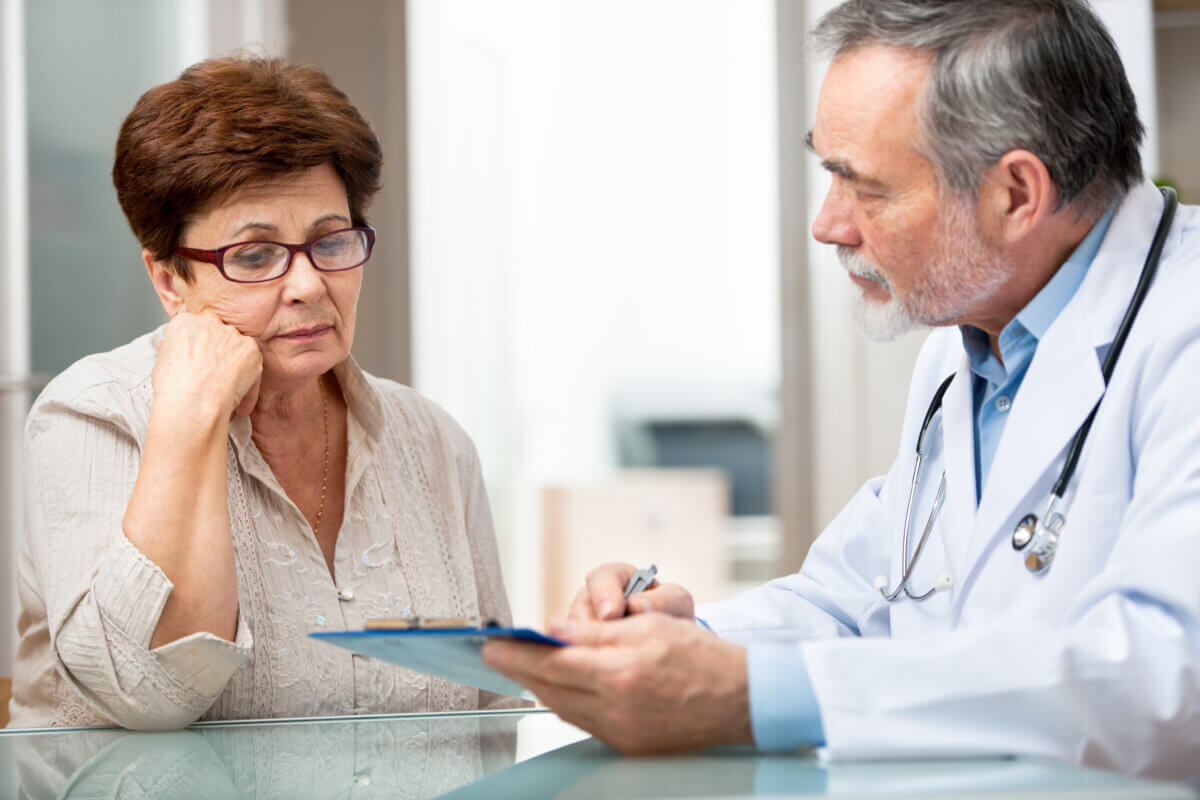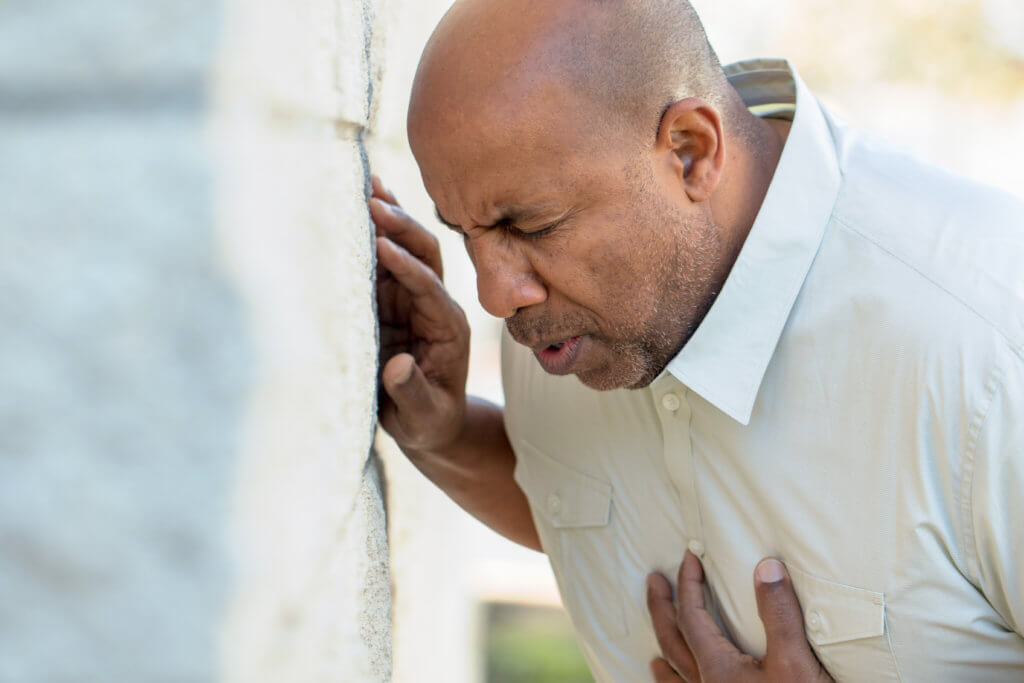NEW YORK — Paging Dr. Google! According to a recent survey, nearly two in five (39%) people have used online information in lieu of visiting their physician, with the average person self-diagnosing four times in the past year based on information found online.
The survey of 2,016 U.S. adults ages 40 and over revealed people’s most common misconceptions about what is and isn’t healthy, such as believing fish oil (47%), garlic (45%), and honey (44%) are sufficient to cure or treat certain ailments. Another 64 percent associate carbs with being mainly “bad” for their health compared to “good”
for their health.
Doctors vs. Websites
Misconceptions aside, 62 percent of people surveyed still trust their doctor the most for health advice, more so than health websites (42%). Women were more likely than men to trust their physicians (66% vs. 54%).
When asked what they usually do for their overall health, people reported taking vitamins or supplements (51%), getting regular check-ups with a doctor or specialist (49%), and exercising (46%) — although fewer said they manage their stress levels (30%) and monitor cholesterol levels (23%), both factors that can affect heart health.

‘Information saves lives’
Conducted by OnePoll on behalf of Bayer for American Heart Month, the survey also discovered how much people really know about their heart health. Nearly three-quarters of people surveyed (74%) feel at least somewhat well-informed about their family’s health history, although men were more confident in their knowledge than women (81% vs. 69%).
Overall, a greater number of people surveyed reported heart disease running in their family (36%) compared to obesity (24%), dementia/Alzheimer’s (23%), or mental illness (21%).
However, survey results found knowledge gaps in their ability to identify heart attack symptoms. When asked to select potential symptoms from a list, many correctly identified chest pain or discomfort (71%) and shortness of breath (68%), but far fewer knew nausea and vomiting (42%) or jaw pain (40%) can also be common indicators.
While the vast majority were aware that smoking (72%), obesity (71%), and stress (70%) can increase heart attack risk, just half (50%) knew over-exertion could, as well.

“This survey shows older Americans are knowledgeable about certain aspects of their heart health. That’s good news. But there’s still a great deal of education needed for people to fully understand prevention and potential risk factors,” says Bayer® Aspirin partner and cardiologist, Dr. Suzanne Steinbaum, in a statement. “Heart disease can be scary, and we often just don’t want to think about it. Through the work I do, I’m dedicated to overcoming fear through accurate information about heart health and risk factors to reduce disease. Information saves lives because heart disease is preventable 80 percent of the time.”
A whopping 41 percent did not know heart attack symptoms may differ for women and men.
Over half (52%) of adults surveyed “always” or “often” think about aging. Sixty-one percent say they’ve accepted it but struggle sometimes with it. Men were more likely than women to look forward to aging (35% vs. 20%).
“While heart disease is skewing younger in recent years, it remains true that your risk increases with age. I often prescribe an aspirin regimen to patients who have had a heart attack, to help reduce the risk of another one,” adds Dr. Steinbaum. “Elevating awareness and education about heart health, including the benefits of a doctor-directed aspirin regimen for secondary heart attack prevention, can save lives. Aspirin is not appropriate for everyone, so be sure to talk to your doctor before you begin an aspirin regimen.”
Survey methodology:
This random double-opt-in survey of 2,016 U.S. adults ages 40+ was commissioned by Bayer Aspirin between Feb. 3 and Feb. 8, 2023. It was conducted by market research company OnePoll, whose team members are members of the Market Research Society and have corporate membership to the American Association for Public Opinion Research (AAPOR) and the European Society for Opinion and Marketing Research (ESOMAR).

